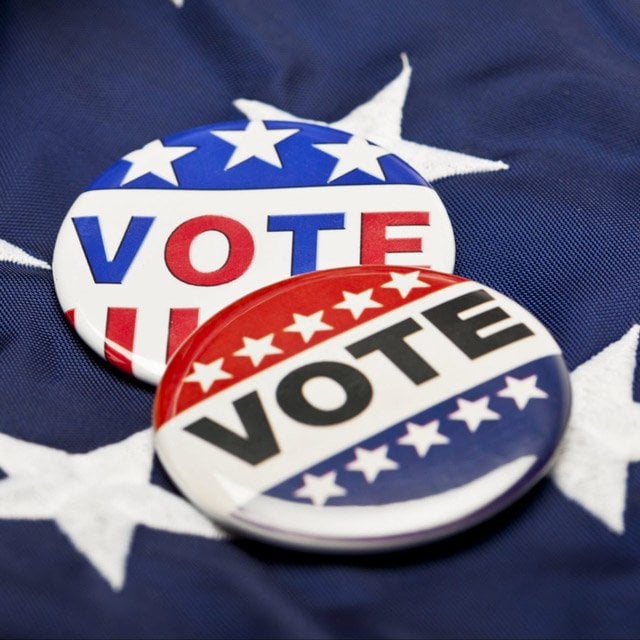How to Talk to Clients About Politics and Investing

What You Need to Know
At their own peril, investors often correlate political viewpoints with market expectations.
Advisors must be prepared to engage in conversations about topics that might not have historically fallen within their purview, from taxes to politics.
There is no great correlation that can be demonstrated between specific federal election outcomes and market results.
As senior vice president of applied insights at Hartford Funds, John Diehl feels he has one of the most interesting and engaging jobs in the advisory industry.
In the role, Diehl leads Hartford Funds’ research efforts with the MIT AgeLab as well as other thought leaders, and he oversees a team of industry experts who translate this research into actionable ideas for financial professionals and their clients across the U.S.
During a recent interview with ThinkAdvisor, Diehl shared some insights from a new survey of investors taken ahead of the forthcoming midterm congressional elections. According to Diehl, with the midterm elections approaching, financial professionals have an opportunity to underscore the importance of avoiding emotional investment decisions and to emphasize the wisdom of investing objectively for the long term.
Nonetheless, as advisors look to provide more holistic financial planning and attract the next generation of clients, Diehl says, they must be prepared to engage in conversations about topics that might not have historically fallen within their purview, from taxes to politics.
Midterms and Markets
The survey shows nearly 90% of investors believe the midterm elections will affect their portfolios in some way, but only 38% plan to make changes to their portfolios. The data also reveals, however, that younger generations are more apt than older generations to make changes to their portfolio based on the election outcome.
According to the survey, a majority (55%) of millennials believe a Democrat-controlled Congress is best for their portfolio, while only 26% of baby boomers believe this. Alternatively, 47% of baby boomers believe a Republican-controlled Congress is best for their portfolio, while only 25% of millennials believe this.
When it comes to investment decisions in light of the elections, the data shows some other clear demographic discrepancies. For example, a sizable majority (73%) of women don’t plan to make changes to their portfolios in light of the election, compared with about half of men (53%). Most (81%) baby boomers and Gen X investors (64%) don’t plan to make changes to their portfolios in light of the election, but most Gen Z (75%) and millennial investors (65%) do plan to make changes to their portfolio.
“It is always interesting to examine the intersection of politics and investing,” Diehl says. “In my anecdotal experience, however, the midterm elections generally are not as emotionally intense as a presidential year, because there isn’t that lightning rod of being able to focus on two singular candidates vying to be the next president.”
Some Timely Advice for Advisors
Diehl says advisors, generally speaking, must take extreme care when the topic of politics is raised by a given client. Even if an advisor is sure their own personal views match those of a given client, there is still a very real risk that purely political discussions could cloud sound investment decision-making.
One thing that is clear, Diehl says, is that the equity markets seem to prefer a divided Congress. This is one lesson that advisors can have ready if and when a client wants to get political. The advisor can reframe the discussion and keep the focus on the markets and long-term investment outcomes.
“For example, it is not always intuitive for a given client why the markets might prefer a ‘deadlocked’ Congress,” Diehl says. “The basic lesson is that the markets distrust one-party rule, because it becomes much harder to anticipate what is coming. A divided Congress is something the markets can understand and adapt to relatively easily.”




